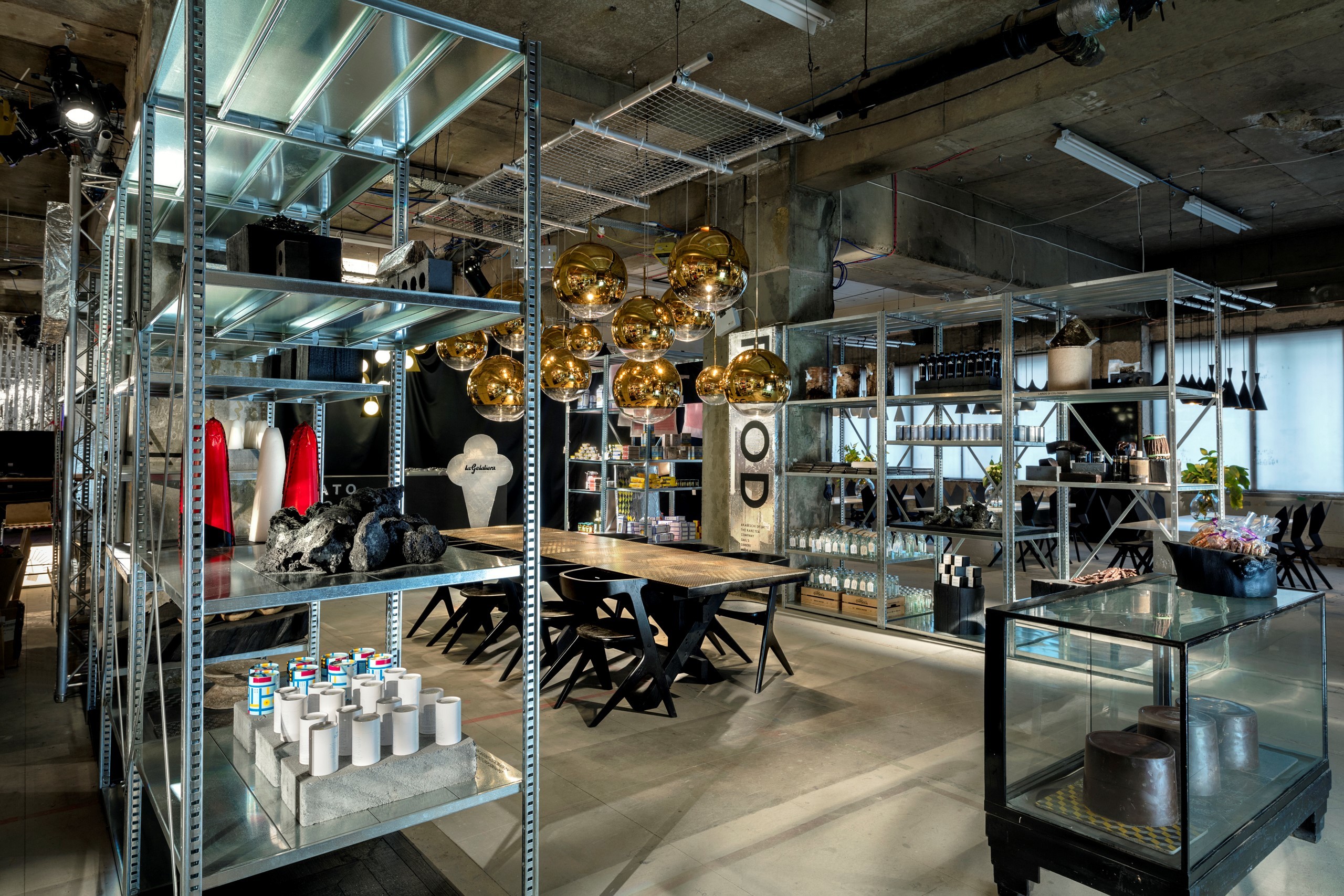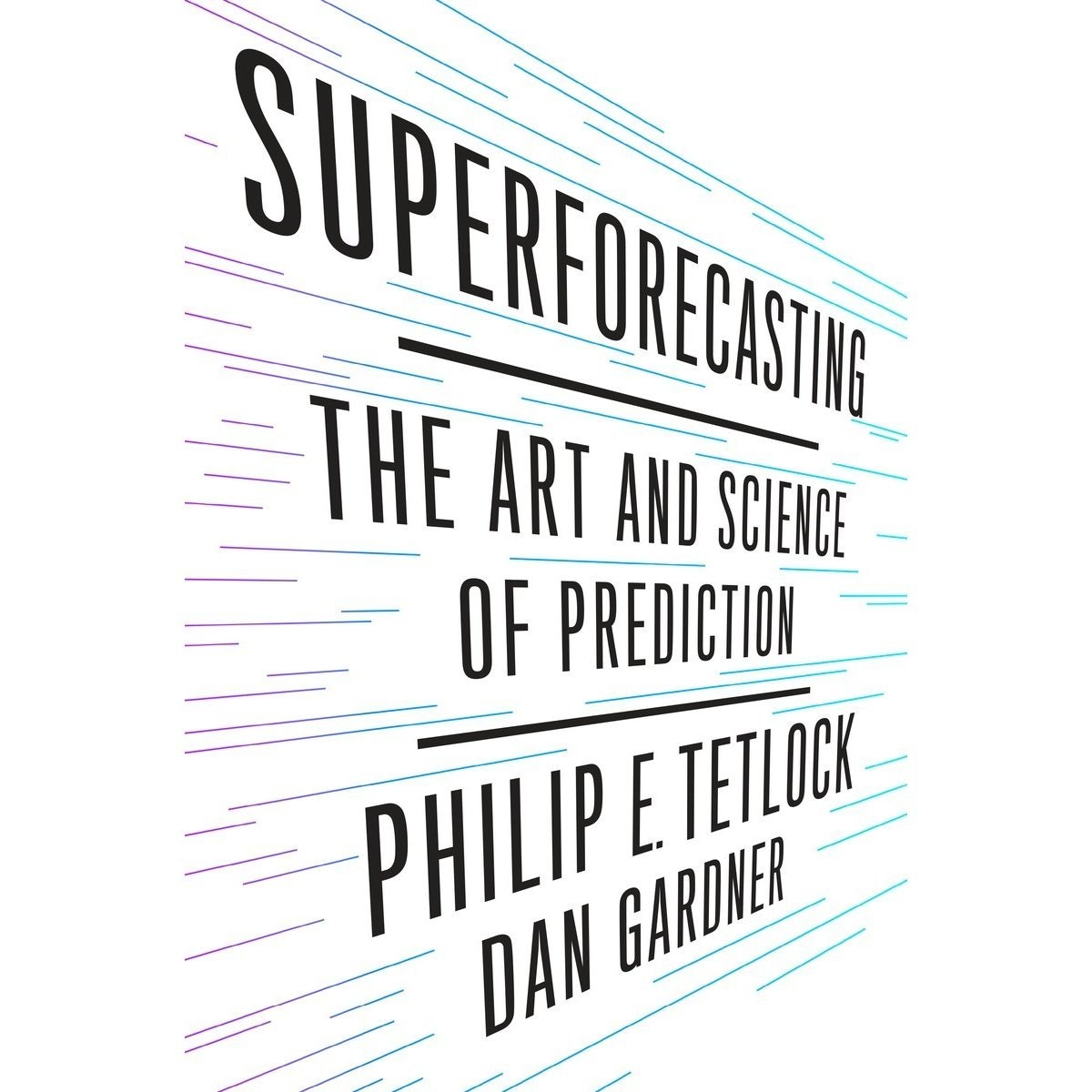3 Things to Obsess Over in London

Every Monday morning, the London studio shares a coffee and some inspiration. This week, design researcher Kate Wakely talks through an immersive, pop-up retail experience from famed product designer Tom Dixon, a Dragon’s Den meets Quirky-style product development platform, and a book on the emerging art of super forecasting.
1. THE DIXON MULTIPLEX
Multiplex is a pop-up "department store of tomorrow" trading for a month as part of the London Design Festival. It features contributions from a wide range of brands curated by legendary product designer Tom Dixon and Wallpaper magazine.
Billed as immersive and multi-sensory, I was super curious to see the designer's vision of an multi-brand store that is fighting for the attention of tomorrow's customers by offering experiences, not just products. That included British botanicals brand Haeckels’ mist spa (like walking into an aromatic greenhouse), to booking in for a fashion shoot or even a vitamin injection.
2. MINDBLOWER
Mindblower is a new 'idea to product' platform showcased at Multiplex, which invites you to pitch ideas for physical products you would like to create, to help bridge the gap between the amazing ideas we dream up and our ability to tangibly own them.
A blend of TV show Dragon’s Den and Kickstarter, its inclusion within a prototype store of tomorrow was interesting, blurred the boundaries between consumer, inventor, and entrepreneur. It's still super early days, but interesting to see someone responding to the citizen maker-economy without assuming that everyone is well-versed in design, 3D printing or engineering.

3. THE GOOD JUDGMENT PROJECT, AND SUPERFORECASTING
The Good Judgement Project is an experiment to explore how well the 'wisdom of the crowd' is able to predict future world events (e.g. will a nation's government collapse in the next six months). It's headline-grabbing finding is that within the thousands of people taking part, there is a small group of ordinary citizens dubbed 'superforecasters' whose predictions are 30% better than intelligence professionals armed with confidential data and subject expertise.
Philip Tetlock's new book - Superforecasting - looks at what sets these superforecasters apart. It's not just about raw intelligence (Superforecasters are clever but not off the charts) they demonstrate a 'growth mindset'; an openness to consider information from many different origins, to change their predictions, and to look back at their predictions and learn from their mistakes. Forecasting is something we could all potentially become better at, and Tetlock has now described how.
Words and art

Subscribe

.svg)







